There are few directors out there with a more fractious relationship with their native country than Andrzej Żuławski. Chances are, if you’ve encountered his work at all it will have been his seminal horror film Possession – potentially the biggest single influence on the recent glut of allegorical horror. It might be his best film (with a breathtaking performance from Isabelle Adjani) but his early films are even more experimental and thematically dense and as this boxset from Eureka demonstrates, there is so much more to his oeuvre.

An uncompromising visionary whose films in his own native country were maligned, banned and even cut to pieces, his Polish language films are a testament to Żuławski’s unique talent. Although he was not a fan of the term “hysterical” being applied to his style, it’s nonetheless an accurate descriptor of much of his work. Never a fan of subtlety, Żuławski’s films all exist in a heightened version of reality, where the characters are all prone to emotional outbursts. It’s a acquired taste, and watching all three films from this boxset is an often exhausting experience, but incredibly rewarding.
It’s also a great way of seeing first hand all of his cinematic inspirations, from Orson Welles and Akira Kurosawa to Stanley Kubrick and Andrei Tarkovsky.
The Third Part Of The Night

Depicting his own experiences in World War Two, Jean-Pierre Melville painted a bleak, yet heroic picture of the French Resistance in Army Of Shadows. For his own directorial debut, Żuławski drew on the wartime experiences of his father, and the result is a macabre, deeply disturbing “hallucinatory nightmare” set during the German occupation of Poland. It often feels like an abstract combination of Melville, Andrei Tarkovsky and Franz Kafka, with themes of duality, determinism and fatalism informing every scene.
Leszek Teleszyński plays Michal, a Polish civilian whose wife, mother and son are murdered by the Nazis (in a sequence devastating in it’s casual cruelty). In desperation he joins the resistance, but on his first mission he gets an innocent man killed. Taking refuge in the dead man’s apartment, he discovers the man’s widow is a doppelganger of his wife, and from then on the film drifts in and out of reality,
What makes The Third Part Of The Night an interesting war film is the fact that Michal is so resolutely not a hero. Like Josef K, he’s passive and powerless to help with the war, and things just seem to happen to him, rather than him actually moving the story forward. After abandoning the resistance, he takes on a job allowing parasites to feed off his blood, in order to gain some protection from persecution (a gruesome detail that’s one of the few historically accurate moments in the film).
The tone is similar to other Polish war films like Come And See and The Painted Bird, but while those films place the audience right in the midst of the war, with villains on both sides. and impassive uniform clad villains. The Third Part Of The Night holds such events at a remove, but is no less disturbing for that. There is some horrific imagery and a relentlessly bleak use of violence, but we rarely actually see the occupying army. They are largely kept offscreen, but rather than their absence alleviating the tension, it produces the opposite effect. The threat of violence is ever-present: a shot rings out and someone drops dead. It creates an increasingly oppressive feeling that lingers well after the film has ended.
Żuławski directs the first half of the film at a measured, almost dispassionate pace, with some stark, beautiful cinematography. One early sequence where Michal meets with the resistance is full of dread and tension thanks to the way Żuławski frames the empty space of a doorway. However as the film goes on and his mental condition deteriorates, the camerawork reflects this, becoming more and more frenzied until the final tour-de-force sequence. This involves an incredible frantic tracking shot as he sprints down an seemingly neverending corridor, ending with a final tableau which is both bizarre and a chilling end to the film.
The Devil

Banned in his native country for 16 years, when the censorship board saw through Żuławski’s thinly veiled critique of the Polish government. The Devil is maybe my favourite of the three films in the boxset. An allegorical horror / Medieval drama horror film that at least has some narrative thread to it – even if said narrative is often hard to follow.
What The Devil has over The Third Part Of The Night is an incredibly colourful, dynamic performance from Wojciech Pszoniak as the emissary of the Devil (or maybe the devil himself). It might be the most idiosyncratic, unconventional depiction of pure evil that’s ever been committed to film. He’s a genuinely disarming figure in the film – not some all-knowing, imperious entity, but rather alternating between being obsequious, comic (utilizing interpretive dance on more than one occasion) and genuinely sinister.
The enigmatic Stranger is introduced walking through a mansion with a wild eyed look in his eyes, in the aftermath of a massacre. He releases the captive Jakub (Leszek Teleszyński again) and accompanies him along to his home town, where they discover Jakub’s family in disarray. His father is dead, his wife has left him for his best friend, and his sister is in a relationship with his step-brother. At his lowest ebb, he is defenseless against the Stranger’s malign influence, compelling him to commit increasingly depraved acts of violence in an attempt to “cleanse civilization.” The reveal that the Stranger’s motivations have been infinitely more prosaic than that make him more despicable, not less.
It’s not an especially subtle film but it’s remarkably subversive for its time. Jakub has a literal angel and devil on his shoulder in the form of the Stranger and a mute nun (Małgorzata Braunek). While the devil is a pleading, solicitous figure, who plies him with platitudes and appeals to his worst nature by appearing all too human, the nun refuses to give Jakub any consolation or absolution for his actions. There’s little doubt that Jakub is damned by the films conclusion, he is so in thrall to the Stranger’s malignant worldview . Towards the end of the film, he asks why the world is so ugly, and the Stranger replies “but the world is beautiful”
The Devil is decidedly more focused than Żuławski’s debut, and there is a sense of cohesion and narrative momentum that makes it a little more more palatable and accessible. There are some beautiful shot compositions, and and thanks to Pszoniak’s spirited performance it’s never dull. You get the impression that at least someone is having a good time!
On The Silver Globe

The most ambitious of the three films and sadly the one most profoundly affected by the Polish government’s interference, On The Silver Globe is essentially Żuławski’s The Magnificent Ambersons. Like Orson Welles‘ butchered film, it might have been his masterpiece, but tragically the film was confiscated and cut to pieces by the government, and key scenes have been lost forever. The remastered version included here is the most complete cut of the film, with Żuławski himself providing narration for the missing scenes. It’s jarring but feels oddly appropriate, and even brings an additional layer to the film – as co-producer Daniel Bird says in his commentary, it “anchors it to Polish realities of the 1980s.”
Based on The Lunar Trilogy, by Jerzy Żuławski, On The Silver Globe is a convoluted, elliptical narrative following a team of astronauts who discover and populate a new world, with their descendants worshiping them as Gods. When a new astronaut arrives from Earth, he is worshiped as a Messianic figure, and tasked with ridding them of the bird-like Sherns.
Shot in 1977, the cinematography still stands alongside anything made today in ambition and creativity, let alone sheer scale. This was made while Star Wars and Dune were still in production; the closest reference point would be 2001: A Space Odyssey or Solaris, and the visuals are more striking than any of these.
The enlightening commentary from Bird (which proves essential just for deciphering the plot!) provides a fascinating insight into Żuławski and cinematographer Andrzej Jaroszewicz‘s concept of “The intelligent eye” – the idea that there is only one correct placement of the camera for any given scene.
The camerawork and framing are breathtaking, especially for its time, and it makes striking contrast of open spaces and industrial brutalist architecture. However stunning the visuals though, they can’t hide the fact that this is an incomplete film, and as a result it is a bit of an ordeal in places. The ideas it explores are compelling, especially those regarding the perils of blindly following religious dogma – but the problem is the characters spout philosophical monologues instead of actual dialogue, something that I doubt would even be improved in the intact film.
In it’s completed state On The Silver Globe could have been magnificent, but as it is it’s difficult to recommend it too heartily. Nonetheless it remains a a singular piece of film-making, with visually inventive set design, magnificently ornate costumes (apparently inspired by Akira Kurosawa) and a timeless score. It’s also proved influential in it’s own way, clearly an inspiration for Aleksei German’s brilliant but similarly dense Hard To Be A God.
Ultimately, this collection is a beautifully put together release of three of the very best films that I’m probably never going to watch again! They are not the most accessible films, and will most likely leave you feeling drained, however this boxset is the perfect way to explore Żuławski’s provocative, unique style in more depth – especially if the only exposure you have had to him is Possession.
Special Features
This release is relatively light on special features, aside from some incisive analysis from Michael Brooke and some first-hand recollections of The Devil from Żuławski’s brother Lukasz. Ironically the exception to this is the extra disc for On The Silver Globe which comes with a wealth of extras including a documentary on its fraught history.


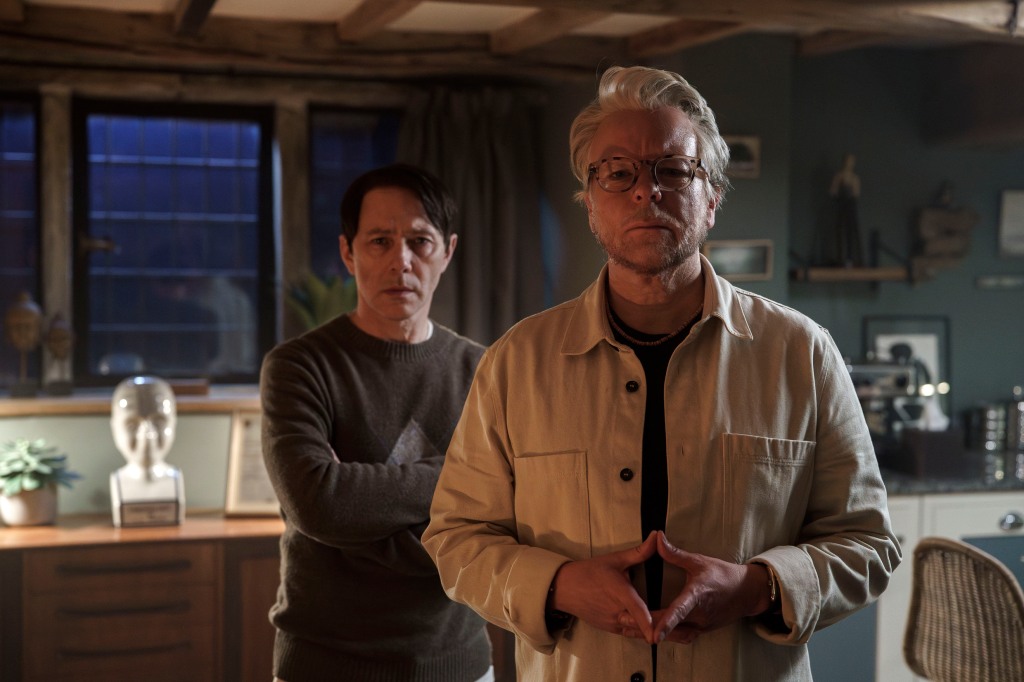

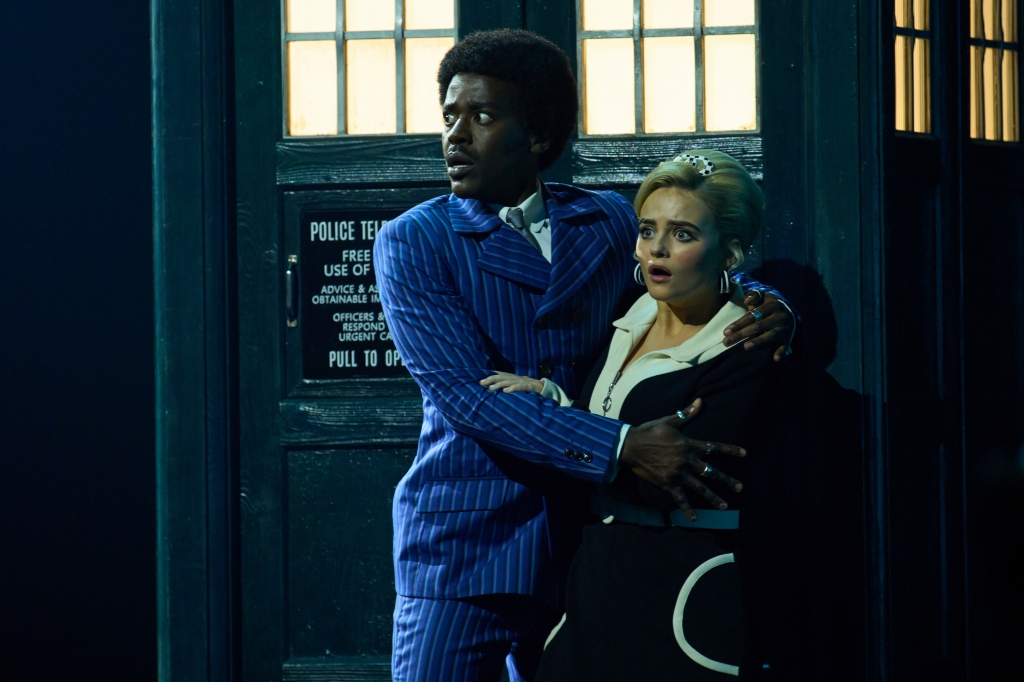
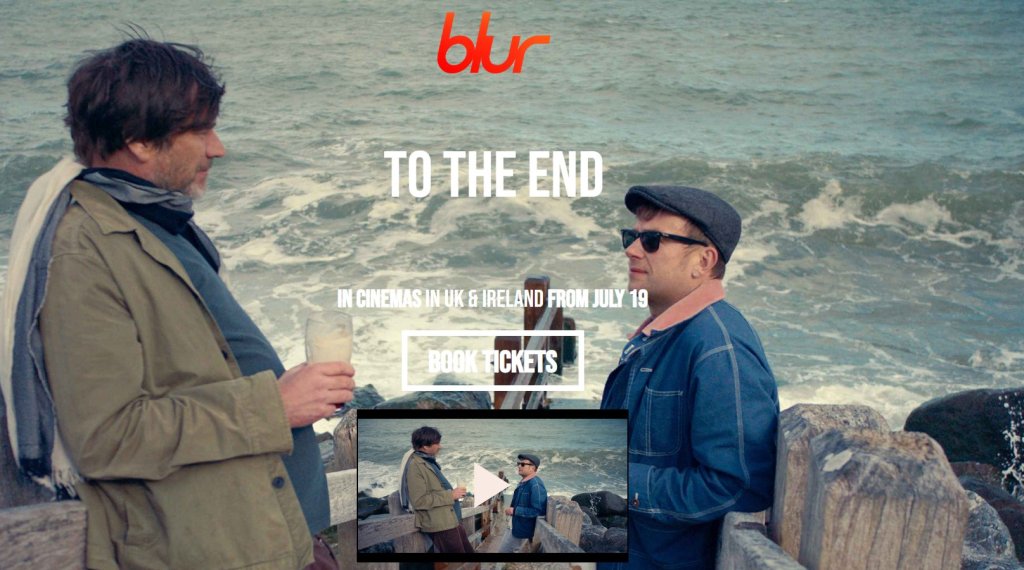

![The Cat And The Canary Blu-ray review: Dir. Paul Leni [Masters Of Cinema]](https://criticalpopcorn.com/wp-content/uploads/2024/04/image-5.png?w=1024)
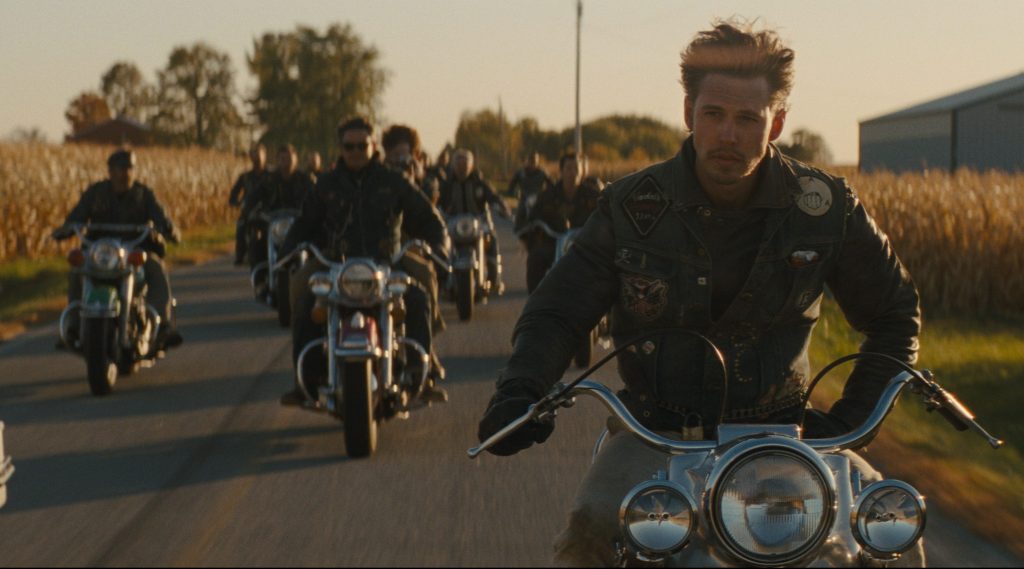


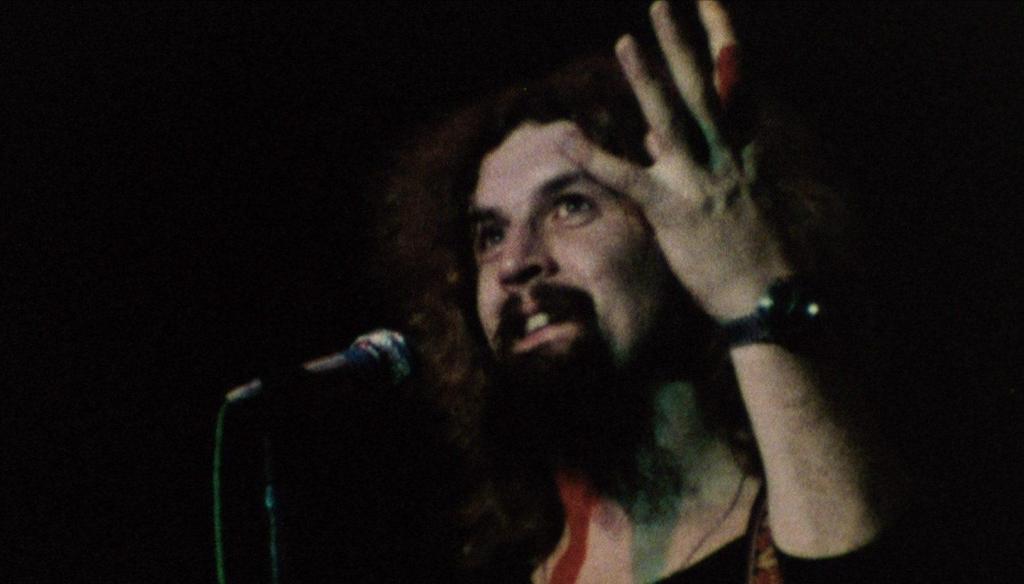
![Crimson Peak Limited Edition 4K UHD review: Dir. Guillermo del Toro [Arrow Video]](https://criticalpopcorn.com/wp-content/uploads/2024/04/crimson-peak-4k-arrow-video-highdef-digest-full.jpg?w=1024)
Post your thoughts